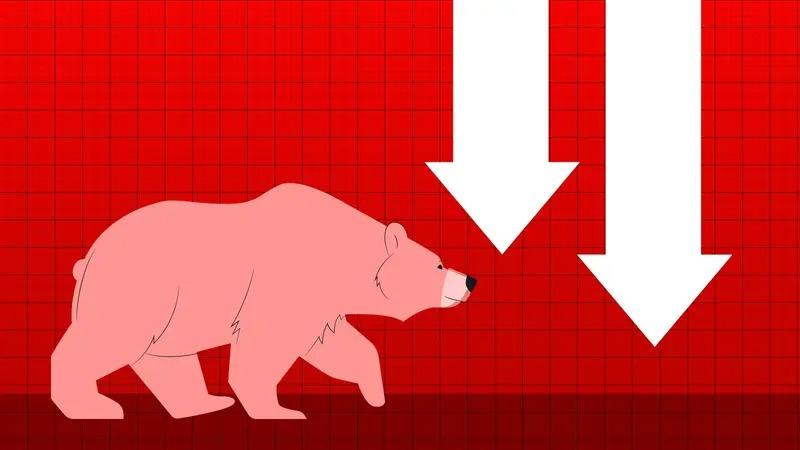Published 16:51 IST, July 23rd 2024
Nifty, Sensex end lower after a rollercoaster budget day
The NSE Nifty 50 ended 0.12% lower at 24,479.05, while the S&P BSE Sensex settled 0.09% lower at 80,429.04.

Stock market news: Indian shares ended a volatile session lower on Tuesday, as gains in consumer stocks due to budget promises of higher rural spending were unable to offset the market downturn caused by an increase in taxes on equity trading.
The NSE Nifty 50 ended 0.12 per cent lower at 24,479.05, while the S&P BSE Sensex settled 0.09 per cent lower at 80,429.04. Both indices experienced mild fluctuations throughout the day as the federal budget was presented, but dropped 1.6 per cent after the government announced higher taxes on capital gains from equity investments and derivatives trading.
The government's move aims to curb the trading frenzy that has driven the market to record highs. Specifically, the tax rate for short-term capital gains (STCG) on equity investments was increased to 20 per cent from 15 per cent, and the long-term capital gains (LTCG) tax rate was raised to 12.5 per cent from 10 per cent. Additionally, the securities transaction tax (STT) on futures trading was increased to 0.02 per cent from 0.0125 per cent, and on options trading to 0.1 per cent from 0.0625 per cent.
"The budget would have called for celebrations by the equity market if only the government had not tinkered with the capital gain tax and avoided hiking the STT in the derivative segment," said Gaurav Dua, head of capital market strategy at Sharekhan by BNP Paribas.
Brokerages like Geojit Financial Services and 5Paisa Capital fell by more than 2 per cent as the tax hike could lead to a drop in trading volumes.
The market's surge of over 200 per cent since March 2020 was largely driven by an influx of retail traders in derivatives, sparking concerns about unsustainably high valuations. "The markets' immediate reaction has been a decline, particularly in segments like public sector companies and small- and mid-caps, where valuations are well above historical averages," said Sonam Srivastava, founder and fund manager at Wright Research.
Broader indices also reflected the downturn, with small- and mid-cap indices falling by 0.9 per cent and 0.6 per cent, respectively. Public sector companies saw a 1.4 per cent decline.
However, consumer stocks provided a bright spot, jumping 2.7 per cent following the government's allocation of funds for agriculture and rural spending, key markets for Indian consumer goods makers. Notably, cigarette maker ITC surged 5.5 per cent, being the biggest boost to the Nifty 50 due to the absence of a hike in tobacco taxes.
Conversely, infrastructure company Larsen & Toubro slid 3.1 per cent after the government did not increase its planned infrastructure spending, causing other infrastructure stocks to fall as well.
Realty stocks reversed early gains to slide 2.3 per cent after the government removed the indexation benefit on property sales, effectively resulting in higher sales taxes.
Despite the overall market volatility, the volatility index eased from a six-week high to end at 12.75.
Sunil Gidwani, partner at tax firm Nangia Andersen, commented on the government's concerns expressed in the economic survey and the markets regulator's worries over the rise in speculative trading, saying, "The tax hikes on futures and options are in line with these concerns."
(Source: Republicbiz)
Updated 16:51 IST, July 23rd 2024




